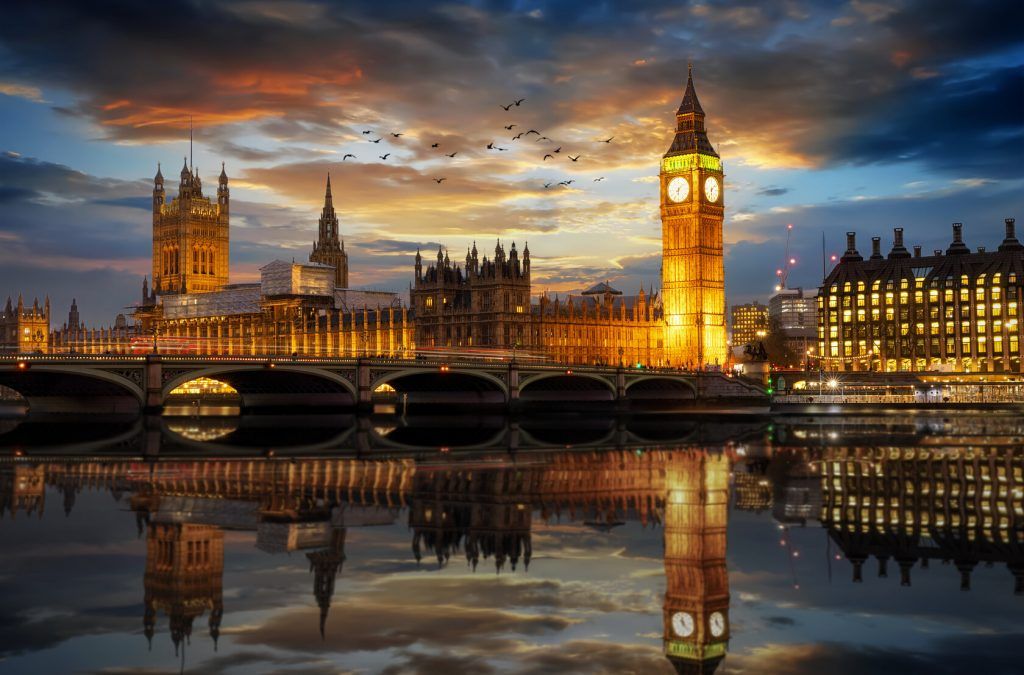International zero-emission shipping routes moved one step closer to becoming a reality, after the UK made a major pledge alongside the US, Norway, and the Netherlands to roll out green maritime links between the countries at this year’s COP27 conference in Sharm el Sheikh, Egypt.
So-called ‘green shipping corridors’ are specific maritime routes decarbonised from end to end, including both land-side infrastructure and vessels.
Setting up such routes involves using zero-emission fuel or energy, putting in place refuelling or recharging infrastructure at ports, and deploying zero-emission capable vessels to demonstrate cleaner, more environmentally-friendly shipping on a given route.
In particular, the UK and the US have agreed to launch a special Green Shipping Corridor Task Force focussed on bringing together experts in the sector, encouraging vital research and development, and driving other important work and projects to see these initiatives come to life as quickly as possible.
Committing to roll out green shipping corridors will help the sector to comply with the Paris Agreement goal of limiting global temperature rise to 1.5°C by the end of the century.
This follows the success of the UK-led Clydebank Declaration at COP26 – a global initiative to provide a framework for governments to establish zero-emission shipping routes between ports.
Transport Secretary Mark Harper said: “The challenges posed by climate change are clear and the need to decarbonise maritime has never been greater.
“That’s why we’ve committed to work alongside global partners to clean up the sector, improve air quality in and around our ports and coastal communities, and drive green investment into our economy. But we must not lose momentum. I’m delighted to say the UK has agreed to begin developing green shipping routes with some of our closest allies, as we work together to realise the ambitions of the Paris Agreement and limit global warming.”
The international maritime sector is currently responsible for almost 3% of global emissions – if it were a country, it would be the world’s 8th largest emitter.
However, the UK has already made significant progress, with the Global Maritime Forum calling the UK the most proactive government in the Clydebank Declaration in terms of stakeholder engagement.
The UK, alongside its counterparts in the Zero Emission Shipping Mission, also recently published an action plan to remove obstacles to creating a greener maritime sector, from clean energy ports to zero-emission vessels and the green fuels that will be needed to develop green shipping corridors.
Ben Murray, CEO of Maritime UK, said: “Green shipping corridors have the potential to catalyse decarbonisation in the maritime sector by focusing on specific maritime routes. Not only can they help to identify and action the solutions needed for a given corridor by aligning vessels with infrastructure, but they can also demonstrate the UK’s leadership and pitch to the rest of the world as we all seek to accelerate our progress toward net zero. Be that finance, professional services, technology, or manufacturing.
“Maritime UK and its members are committed to developing green corridors and look forward to working closely with partners from the US, Norway, and the Netherlands to make them a reality.”
The UK continues to play a leading role in climate negotiations at the International Maritime Organization, working with its partners to raise global decarbonisation ambitions.
The government also recently launched a £60 million clean maritime demonstration competition on World Maritime Day, so tankers, cruise ships, ports and the wider maritime sector can help to play their part in slashing emissions and boosting economic growth.
UK Chamber of Shipping CEO Sarah Treseder said: “Green corridors can play an essential role in stimulating early action to adopt low and net-zero emission technologies and fuels. Today’s announcement is a welcome step in the international action required to decarbonise shipping.
“The UK shipping community is committed to working with the UK government in securing bold action at the International Maritime Organization to provide more ambitious and concrete decarbonisation strategies.”












